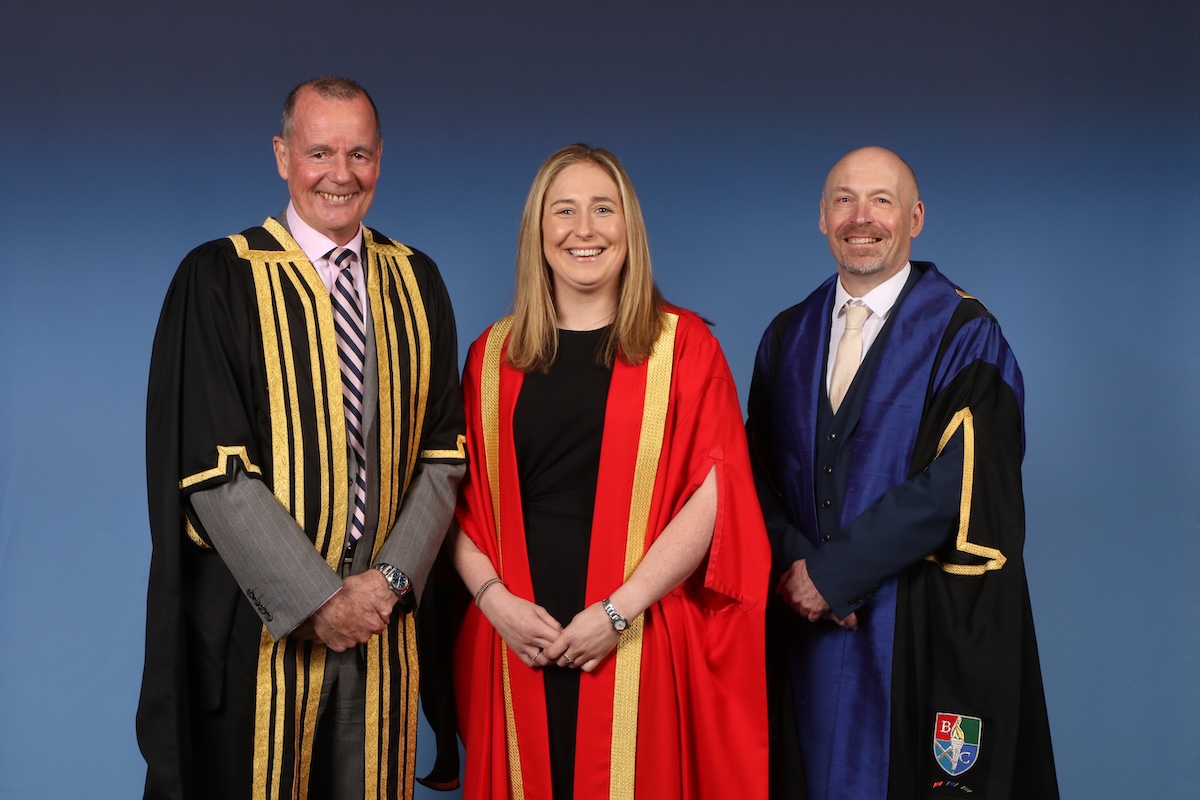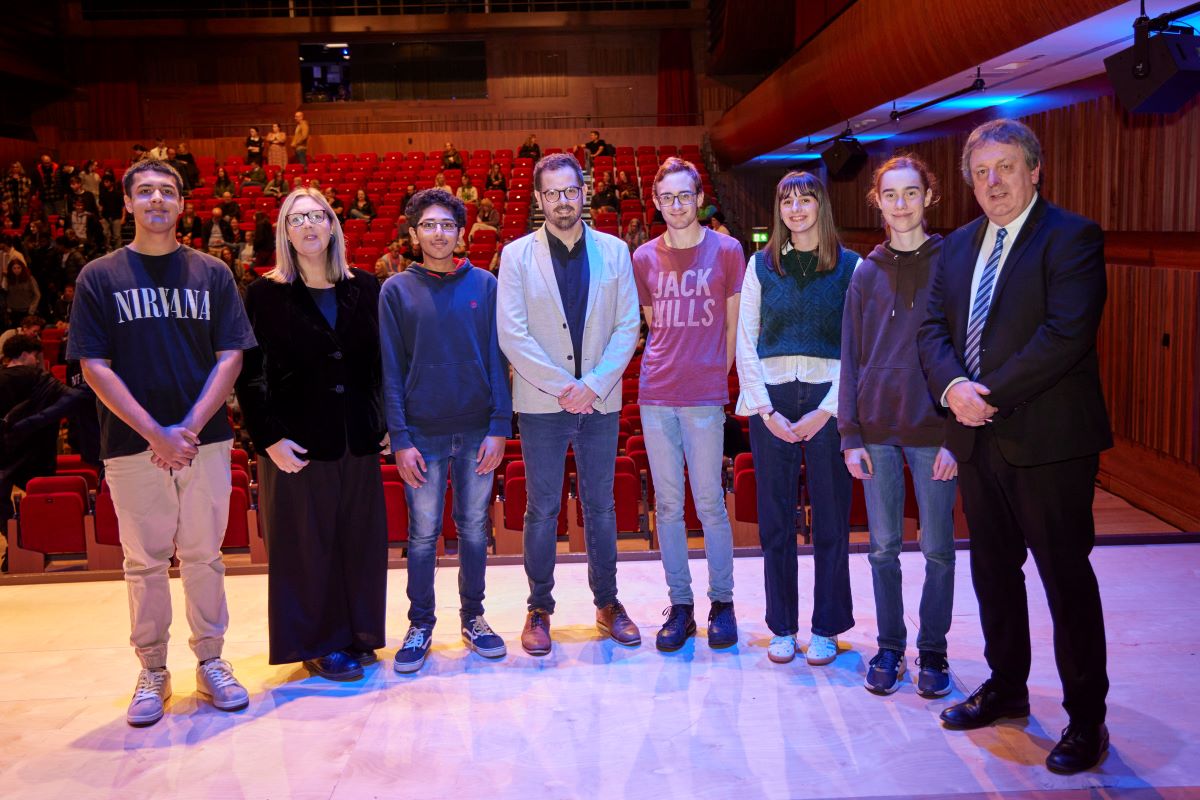In the Future, How Will We Learn? Getting AI ready with Professor Rose Luckin

Our challenge
Technology, particularly AI, has made a huge difference to the workplace, and employers increasingly need a workforce comprised of lifelong learners, easily able to pivot into new roles as and when required. Considerable attention has been paid to both lifelong learning and the skills the current and future workplace requires. Indeed, the critical importance of skills like resilience, adaptability, creativity and collaboration have been documented ad nauseum at countless conference and convenings. There is also broad awareness (if not wholesale action) that these skills are not yet effectively integrated into our school, college or university-based curricula. This curricular gap is part of the problem, but our challenge is bigger.
Most skills reform efforts are focussed on helping people to work better alone, or with other people. Few are focussed on important sociotechnical skills: helping people to work with AI. And yet, AI is the biggest factor bringing about change in the workplace and everyone needs to understand enough about AI to work with it effectively. That is, we must all be AI Ready.
Our challenge then is to build, support and optimise the synergistic relationships between AI technologies and the people who work with and alongside them through education. It will be these systems-based skills that will drive the evolution of the workforce, and our economy. Whilst we cannot predict with any certainty exactly how the workplace will evolve, we can work to optimise it by creating a more future-proof education and training ecosystem.
Getting AI Ready
There is no question that we need an AI ready workforce and that means that we also need an AI ready educational and training workforce. To be AI Ready does not mean that you know how to build an AI system, or to understand the complex mathematics involved in a neural network. AI Ready means that you know what AI is good at, what it can, and what it cannot do, why Machine Learning AI needs data, what sorts of actions do Machine Learning algorithms apply to data, and with what results, for example. People need to be helped to be AI Ready through education and training that involves examples and applications that are of interest and relevance to their interests and their lives.
A great way to provide such contextualised AI Readiness training is through a community-based approach, whereby FE colleges, employers, educators, families and local community members work together to build a lifelong learning infrastructure. This infrastructure would deliver knowledge and skills to people of all ages and career stages about how to get to grips with AI and how to work with AI productively and safely. The education and training would be developed through community partnerships and contextualised in a meaningful way through drawing on publicly available local data sets. A MOOC could be developed with added social meet ups, boot camps and mentoring. One could see this as a community-based version of the Finnish 1% project, which is impressive and instructive, but lacks these important contextual features.
A community-based approach could help to develop much neededcapacity and optimise the relationships between and within the communities in the education ecosystem. Moreover, if these communities were built using the unique powers and intelligence of both humans and machines, it would form a case in point: an exemplar of humans and AI working alongside each other to connect and better the educational ecosystem.
What might this look like in the context of FE? A story
Chris is keen on computer gaming and is looking forward to his next round of assessments. A partnership between his FE college and a local game design studio mean that Chris can evidence the way that his learning across the computer games development course and the extra graphics module that he is taking at the college have been applied in his design studio project with this local company. Where possible, Chris’s learning has been enabled by technology: from the way that he has been able to work remotely with the team in the design studio when attending physically is not possible, to the simulation system that he uses for his studies at the college. Importantly, Chris’s college has partnered with a local community college to develop a programme of study to ensure that all students are provided with data and AI literacy training to ensure that they are AI Ready for the workforce. Some of the learning is online, other sections are provided by ‘boot camps’ at a range of local locations and there is a growing community of learners of all ages who are supporting each other.
This AI Readiness training has been vital to Chris’s ability to use some of the technology at the design studio and to his ability to build his own learning evidence bank. Chris has regular conversations with his tutors to discuss the growing body of evidence that he is building about his achievements. Some of the data in Chris’ evidence bank has been collected automatically from the technology that he uses; other data has been added by his college tutors, design team colleagues, parents and by Chris himself. A range of AI algorithms are applied to the data to glean key pieces of evidence, demonstrating the outcomes of Chris’s hard work. And both Chris and his tutors understand enough about AI to be able to guide the data processing, extracting evidence that will be particularly important for Chris as he moves onto further study and employment.
Let’s build!
In the example above, the focus is on providing AI Readiness education and training through building, supporting and optimizing relationships between organizations and the local community. Now is the time to get together and make sure that everyone is AI Ready. Being AI Ready will enable people to flourish in the workforce and in their lives.











Responses